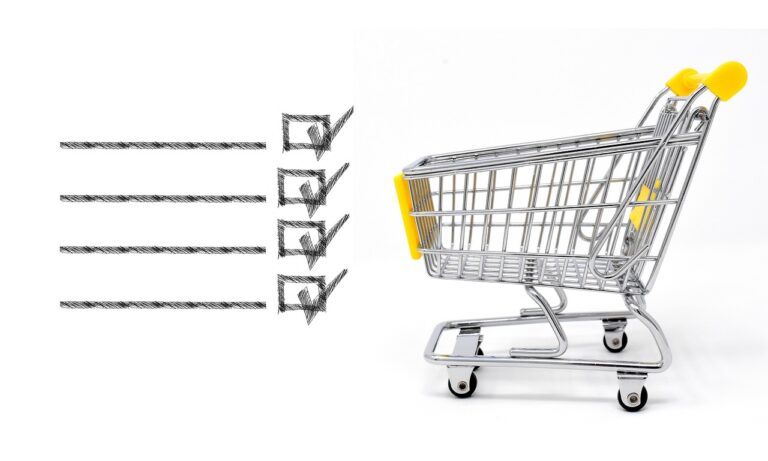Camping Navigation Tools: Maps, Compasses, and GPS
cricket bet 99 login, sky11 live, reddy book id:Camping in the great outdoors can be a wonderful experience, but it’s essential to have the right tools to navigate safely and efficiently. Maps, compasses, and GPS devices are essential tools that can help you find your way and stay on track during your camping adventures.
Maps: One of the most traditional navigation tools, maps provide a detailed overview of the area you’re exploring. They can show you trails, campsites, and other important landmarks that will help you navigate your way through the wilderness. Make sure to have a physical map of the area you’re camping in, as technology can sometimes fail you when you least expect it.
Compasses: A compass is an essential tool for any outdoor enthusiast. By using a compass in conjunction with a map, you can determine your direction and make sure you’re heading in the right way. Compasses are also handy for navigating in areas where GPS signals may be weak or unavailable.
GPS: Global Positioning System (GPS) devices have revolutionized the way we navigate outdoors. These devices use satellite signals to pinpoint your location and provide you with real-time information about where you are. GPS devices can track your route, mark waypoints, and even provide you with weather updates. While GPS devices are incredibly useful, it’s essential to have a backup plan in case the batteries die or the device malfunctions.
Heading out on a camping trip without these navigation tools is like venturing into the unknown blindfolded. Make sure to pack a map, compass, and GPS device to ensure you can find your way around the wilderness safely and efficiently.
Planning Your Route: Before you head out on your camping trip, take some time to plan your route. Study your map, set waypoints, and familiarize yourself with the landmarks along the way. By planning your route in advance, you’ll be better prepared for any challenges you may encounter while camping.
Using Your Compass: When using a compass, make sure to hold it level and away from any metal objects that could interfere with its accuracy. Remember that a compass points to magnetic north, not true north, so you may need to make adjustments to your map accordingly.
Using Your GPS: GPS devices are incredibly user-friendly, but it’s essential to learn how to use them before heading out on your trip. Make sure to set up your device, mark waypoints, and test its functionality before hitting the trail.
FAQs:
Q: Can I use my smartphone as a GPS device while camping?
A: While smartphones can be used as GPS devices, it’s essential to have a backup plan in case your battery dies or you lose signal. Consider investing in a dedicated GPS device for added reliability.
Q: How accurate are maps for camping navigation?
A: Maps can vary in accuracy, so it’s essential to use up-to-date maps that have been specifically designed for outdoor navigation. Look for maps that include topographical information and trails to ensure you have the most accurate information available.
Q: What should I do if I get lost while camping?
A: If you find yourself lost while camping, stay calm and don’t panic. Use your compass and map to try and determine your location, retrace your steps, and look for familiar landmarks. If you’re still unsure of where you are, signal for help and wait for rescuers to find you.







